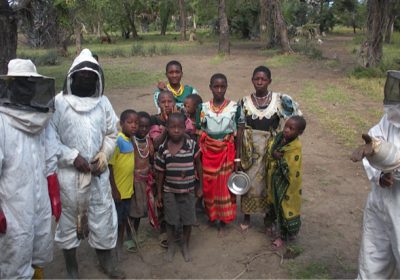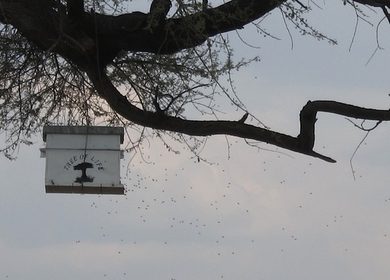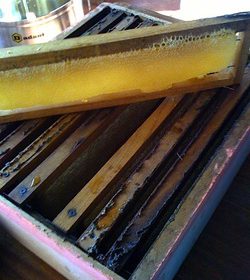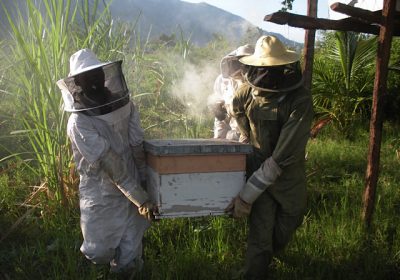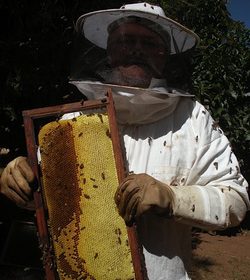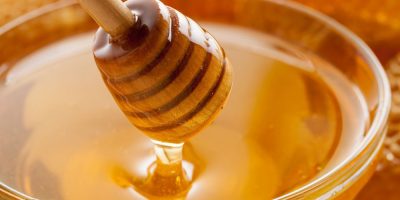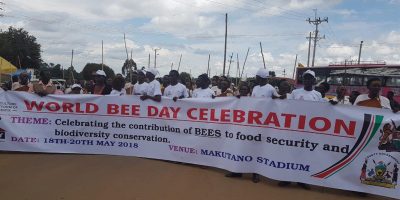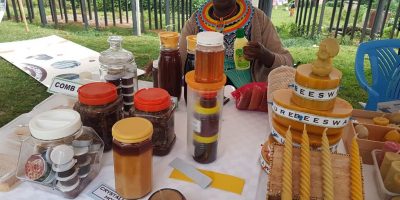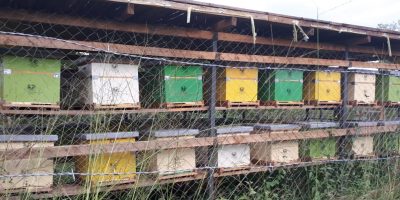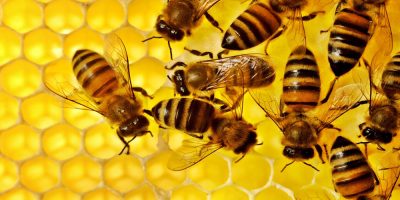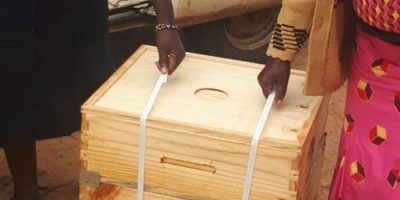- Home
- About APK
- Bee Keeping
- Why Keep Bees???
- Importance of Bees and Beekeeping
- Facts Related to Apiculture
- How to get started in beekeeping
- Practical in Understanding Beekeeping
- Types of hives
- Best Producing Top Bar Beehive
- Making Wax Starter Strips
- Baiting your hives and placement
- Maintaining your hives
- Harvesting your honey
- Processing your honey
- Rendering wax from comb
- 12 Steps: Honey From Hive to Table
- World Bee Day
- Membership
- Stakeholders
- Gallery
- Contact Us

